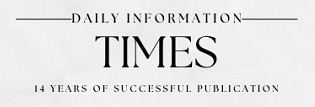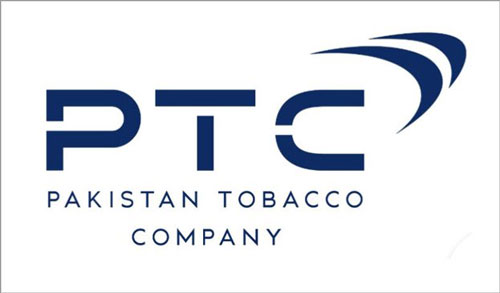ISLAMABAD: The Pakistan Tobacco Company (PTC), one of Pakistan’s leading tax contributors and a recent recipient of the Prime Minister’s Excellence Award, is confronting regulatory challenges that may cause a significant loss in exports. The firm is at risk of losing one-third of its anticipated export orders for the upcoming fiscal year due to local packaging regulations.
PTC has a crucial mid-May deadline to deliver an export order worth $20.5 million to Sudan, which stipulates that cigarettes must be packaged in 10-stick packets. However, current Pakistani regulations, which prohibit the sale of cigarettes in packets containing fewer than 20 sticks, are complicating fulfillment of this order.
Despite the prohibition, it is not uncommon for individual cigarettes to be sold, undermining the intended public health measures. To resolve this issue and meet Sudan’s requirements, PTC is urging the Ministry of Health to revise the Statutory Regulatory Order (SRO) specifically for exports. This change would not affect domestic sales but would enable PTC to meet its international commitments.
PTC’s struggle highlights the broader challenges faced by Pakistani exporters, who are increasingly seen as national assets contributing significantly to the economy. The government is urged to support these exporters more robustly, recognizing their role in enhancing Pakistan’s economic stature on the global stage.
The irony deepens with the involvement of multiple government bodies. The Ministry of Health has deferred the decision to the Ministry of Foreign Affairs for further consultation regarding the Framework Convention on Tobacco Control (FCTC), to which both Pakistan and Sudan are signatories.
PTC’s official stressed that while selling 10-stick packets domestically is not economically viable due to the tax structure, the ability to export such packages could be crucial. Without an amendment, the order may potentially be transferred to PTC’s competitors in Bangladesh or Indonesia, where no such restrictions exist.
This is not the first time PTC has faced export challenges due to local regulations. A similar situation in 2019 resulted in lost opportunities in Gulf countries. As duties on locally manufactured tobacco have risen, the presence of smuggled, lower-priced cigarettes has surged, posing an additional challenge to regulated firms like PTC.
The ongoing struggle between economic interests and health policy continues to unfold, with SPARC (Society for the Protection of the Rights of the Child) voicing strong opposition to any amendments that would allow smaller packaging, citing potential negative impacts on public health, particularly among children and low-income groups.
In the meantime, Prime Minister Shehbaz Sharif has reiterated his commitment to combatting smuggling, which exacerbates these regulatory dilemmas, by directing a more aggressive nationwide enforcement campaign.
The tension between fostering economic growth through exports and adhering to stringent health policies poses a complex challenge for policymakers, as they seek to balance public health interests with economic needs. The call for enhanced governmental support for exporters like PTC is a reminder of the vital role they play in the nation’s prosperity.


No comment